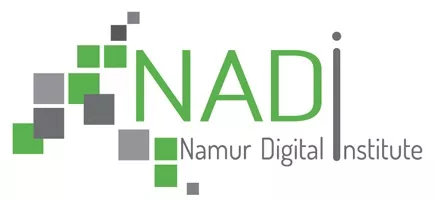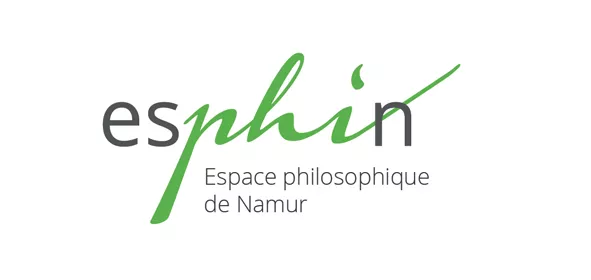The project "A new humanism in the age of neuroscience and artificial intelligence" (NHNIA) is looking for new ways to bring democratic debate to life. Round tables are thus organized during the different phases of the project to allow social actors and citizens from all walks of life, whether experts or novices, to express their position and, above all, to refine their arguments during thematic discussions.
Citizens' debates
Three debate evenings, to which all citizens are cordially invited (registration by e-mail or via an online form), will be held in March 2023 in the cultural space Quai 22, from 6.00 pm to 8.30 pm, in Namur, and will focus on the following themes:
- 10 March 2023: exchange on the impact of these new technologies on democracy
- 13 March 2023: exchange on the impact of these new technologies on education
- 16 March 2023: discussion on the impact of these new technologies on health
During these round tables, several questions will be put to the participants to launch the debates. "We will ask them to project themselves into the society they wish to see. And from there, they will try to express in an argued way to what extent these new technologies seem to them to meet or not their needs and interests, but also those of present and future generations", explains Valérie Tilman, involved in the NHNAI project (Esphin Institute).
As the project is international, similar debates will be held in parallel in the partner countries, some ten in all, including France, Chile, Italy, the United States, Taiwan, etc. Each national research team has the task of involving citizens in their country in public debates on the impact of these new technologies on health, education and democracy.
In a next phase, starting in April 2023, citizens who have participated in these debates will be invited to continue them on a digital platform: "We will invite them to debate online on a platform called Cartodebate. Based on the concerns, hopes and tensions that will have emerged from the round tables, we will let them exchange their different points of view in writing, with the aim of discovering the complexity through dialogue and improving mutual understanding, rather than seeking consensus," adds Nathanaël Laurent, who is also involved in this project.
An overall analysis of all the arguments collected will then be carried out, both at national and international level. On the basis of this, recommendations could be drafted and submitted to the political world.
The project started in 2022 and is expected to last 4 to 5 years.
The NaDI Institute team
- Yves Poullet
- Isabelle Linden
- Claire Lobet
The ESPHIN Institute team
- Nathanaël Laurent
- Valérie Tilman
- Bertrand Hespel
- Nicolas Monseu
- Noemi Bontridder
- Federico Giorgi

